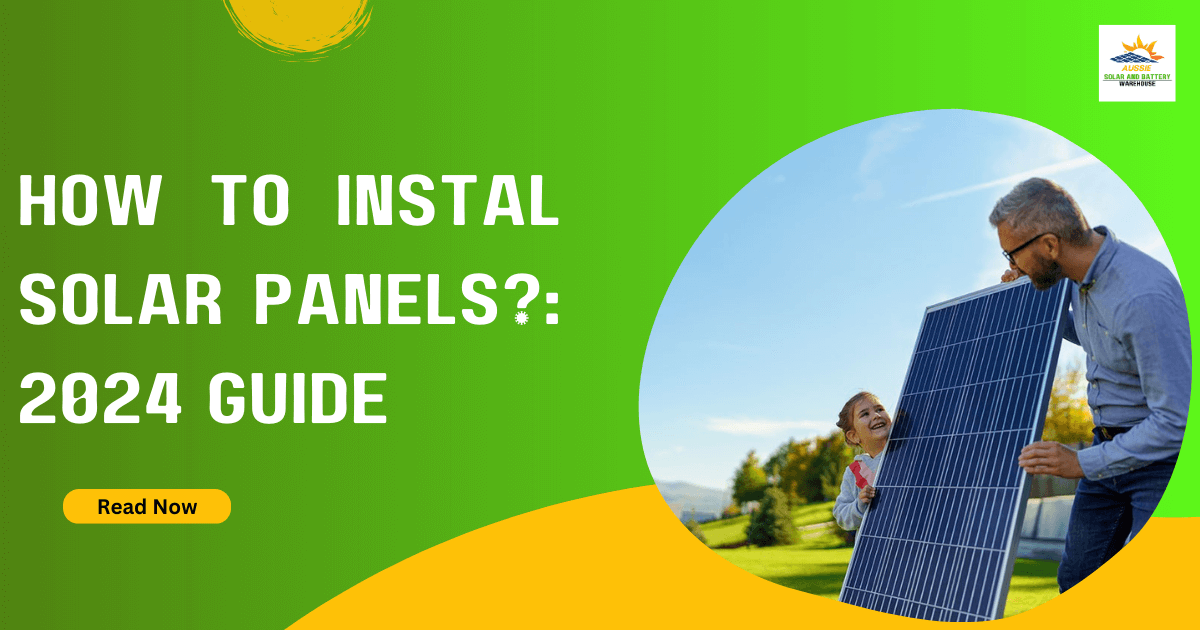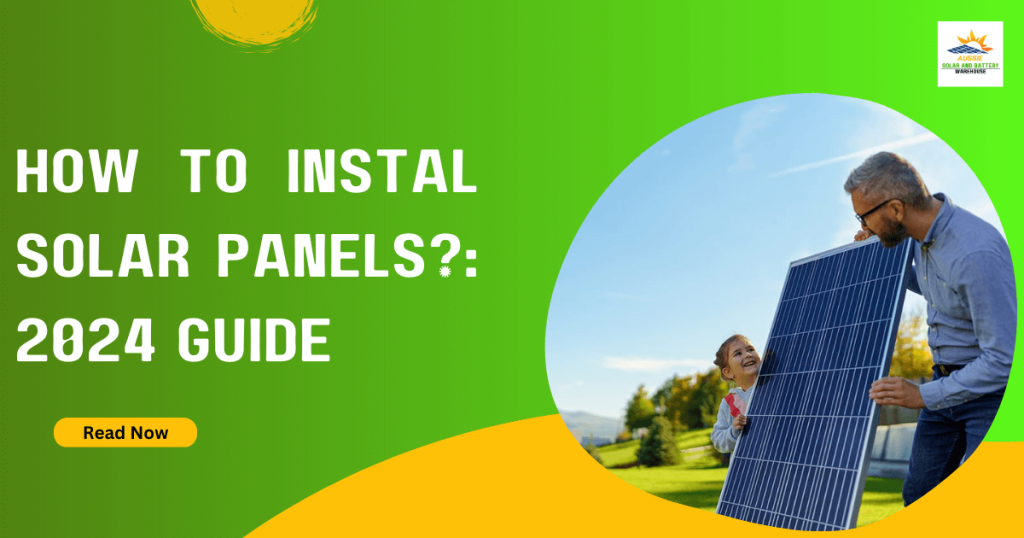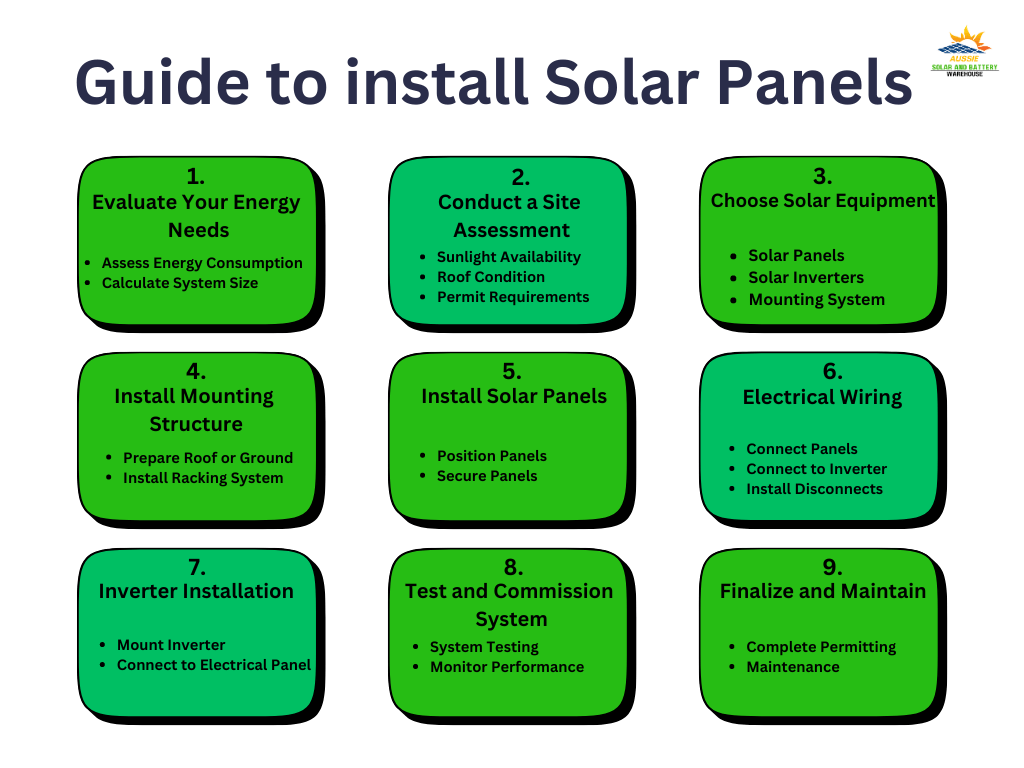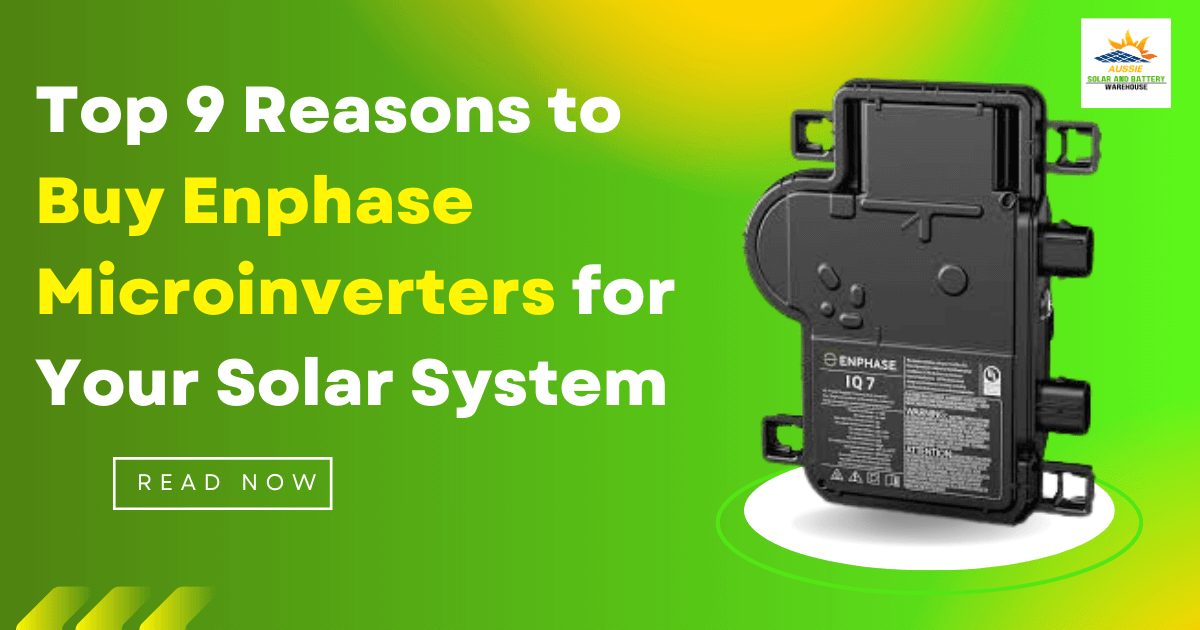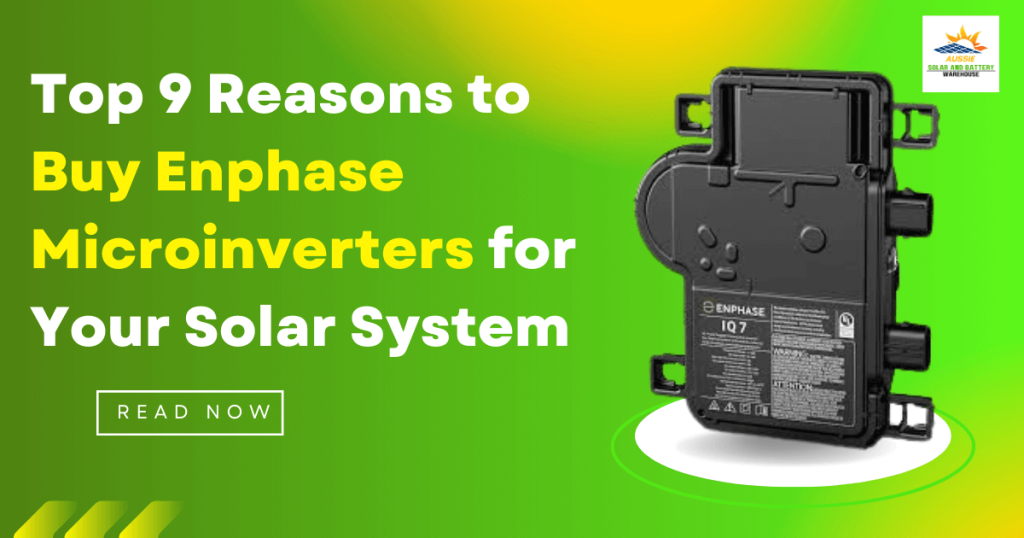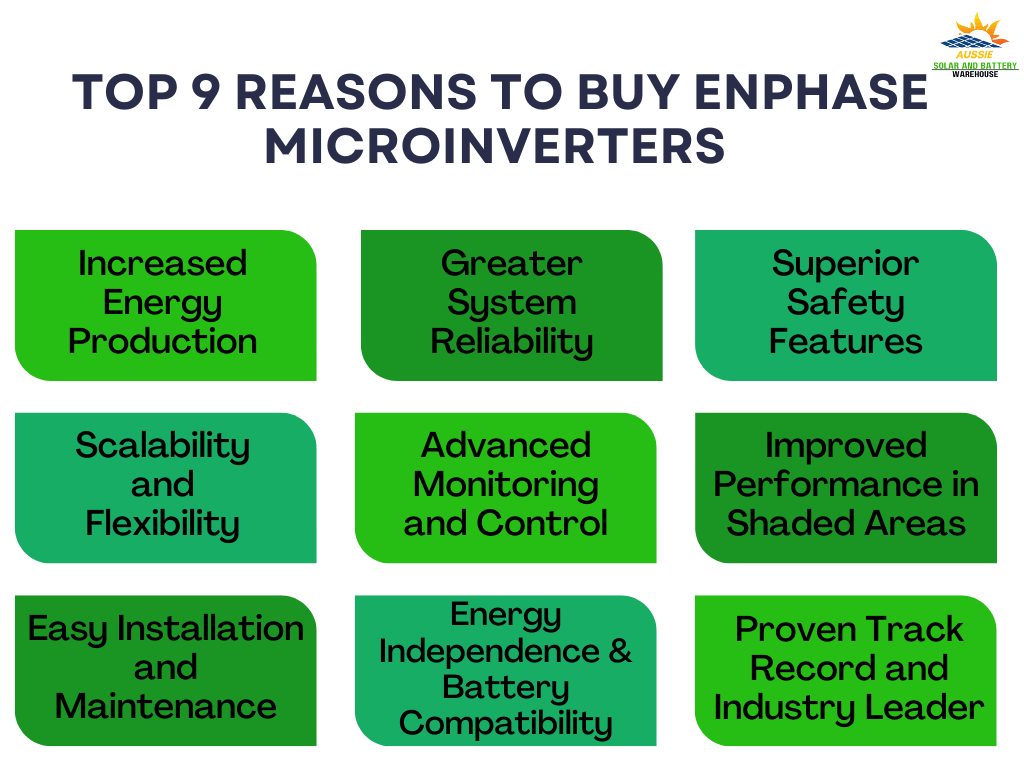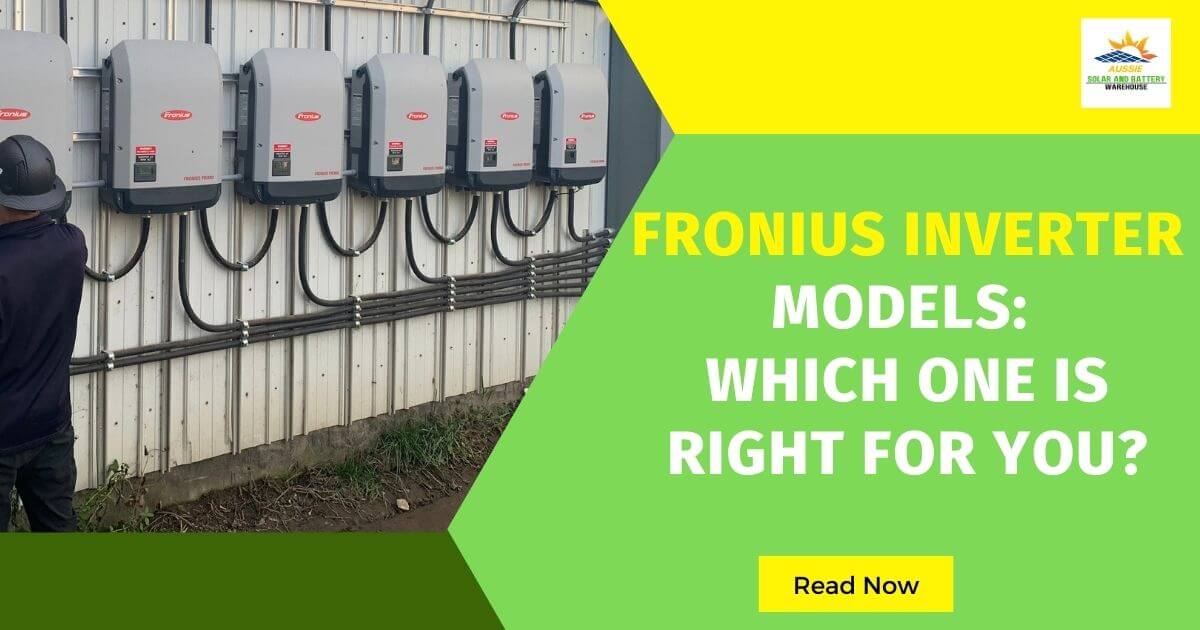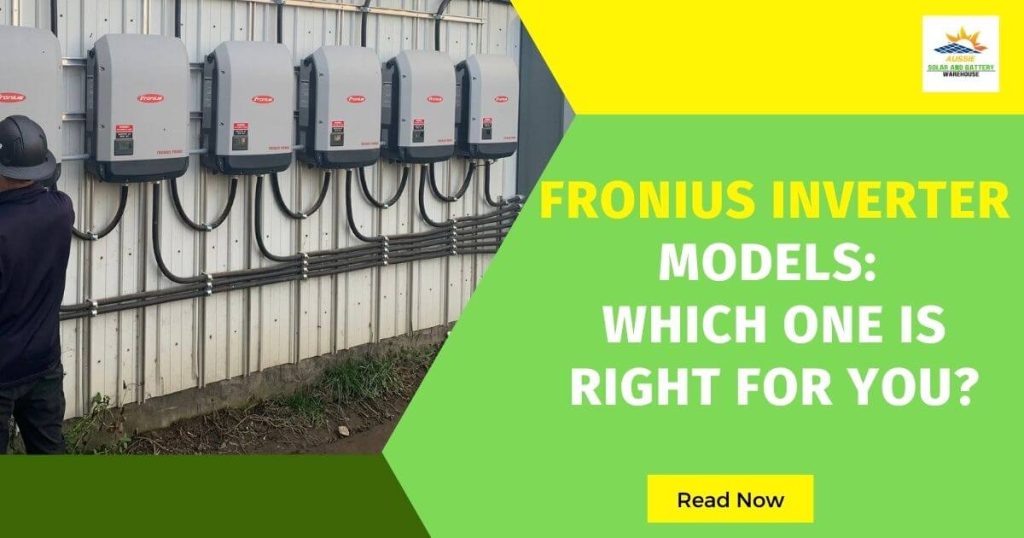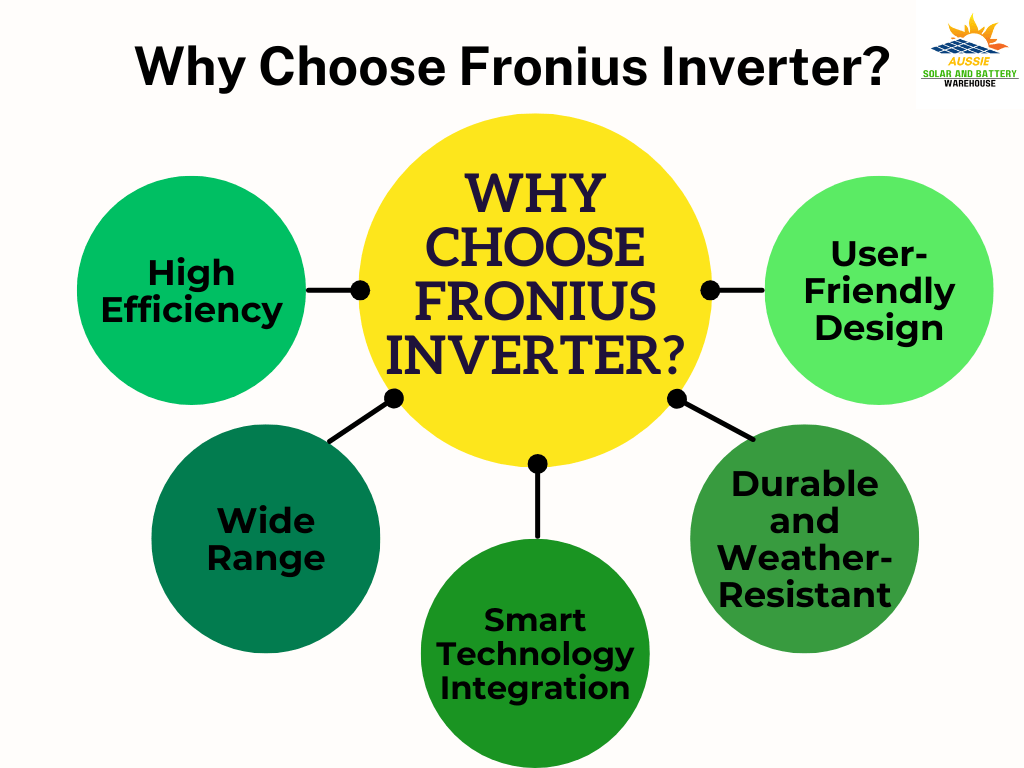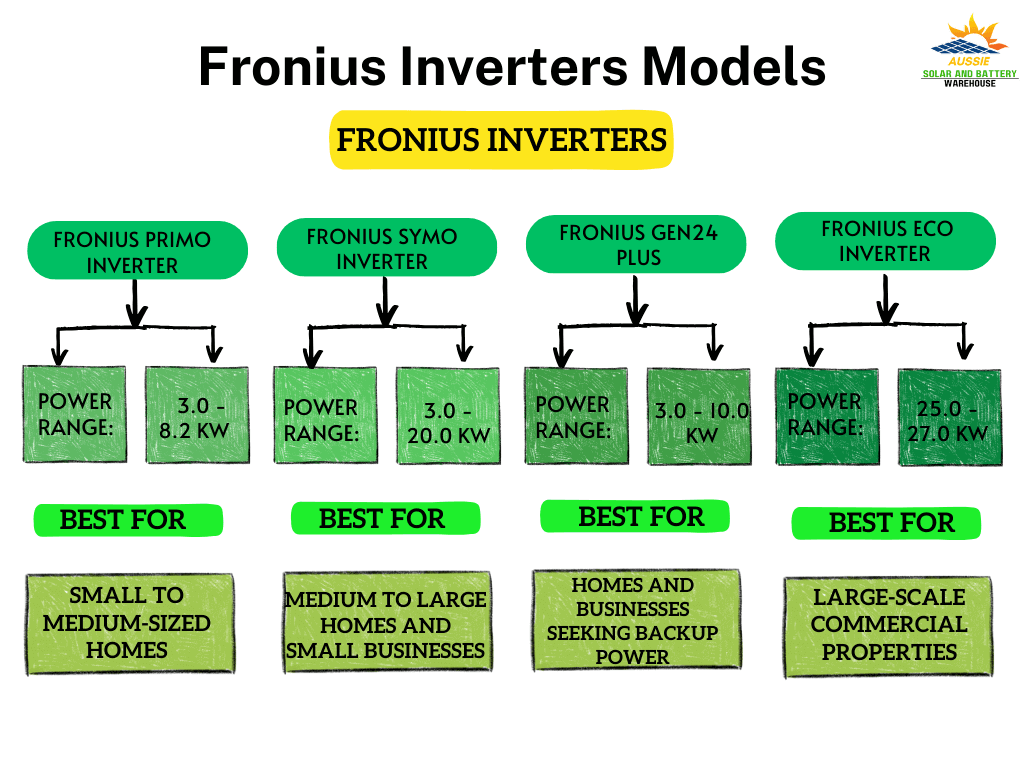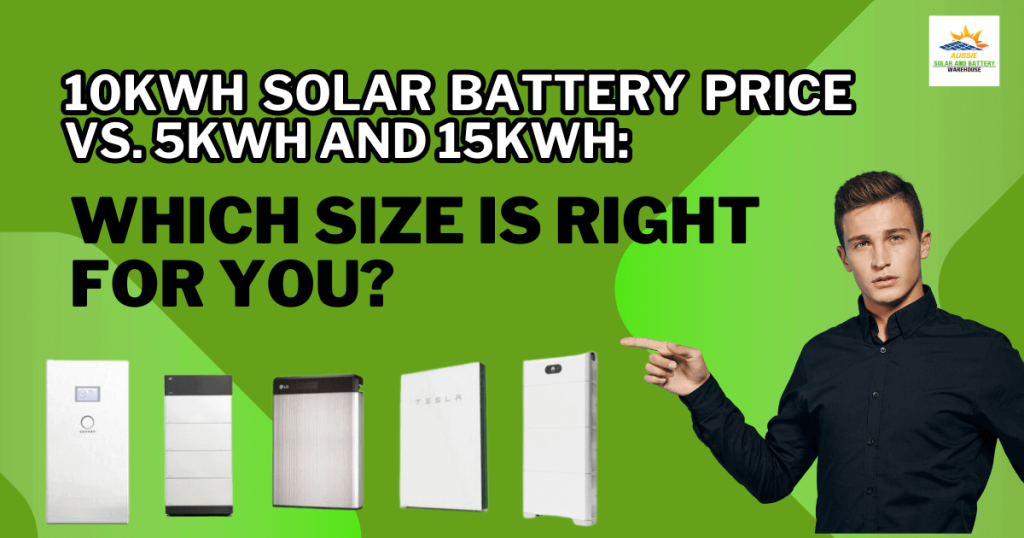
When it comes to solar batteries, choosing the right size for your home or business is crucial to maximizing energy savings and ensuring efficient power storage. Among the most popular choices are 5kW, 10kW, and 15kW solar batteries. Each size offers unique benefits depending on your energy needs and budget. In this blog, we’ll compare the 10kW solar battery price with 5kW and 15kW options to help you determine which size best fits your energy needs and budget.
Understanding Solar Battery Sizes
Solar batteries store excess energy generated by your solar panels for use during cloudy days, nighttime, or power outages. The size of a solar battery is measured in kilowatts (kW), indicating its storage capacity. Here’s a brief overview of the common sizes:
- 5kWh Solar Battery: Suitable for small to medium households with moderate energy consumption.
- 10kWh Solar Battery: Ideal for larger homes or households with higher energy demands.
- 15kWh Solar Battery: Best for very large homes, commercial properties, or areas with frequent power outages.
Price Comparison: 5kWh vs. 10kWh vs. 15kWh
When budgeting for a solar battery system, understanding the cost differences between sizes is essential. Here’s a general price range for each size as of 2024:
Price of a 5kWh Solar Battery
On average, a 5kWh solar battery can cost between $5,000 and $7,000 depending on the brand and additional features like warranty and smart technology.
10kWh Solar Battery Price
The 10kWh solar battery price typically falls between $9,000 and $15,000, depending on the brand, technology, and additional features. This size offers a balanced solution for many homeowners, providing ample storage without the higher costs associated with larger systems.
15kW Solar Battery Price
A 15kWh solar battery typically costs between $15,000 and $20,000, making it the most expensive option but also the most powerful.
Factors to Consider When Choosing the Right Size
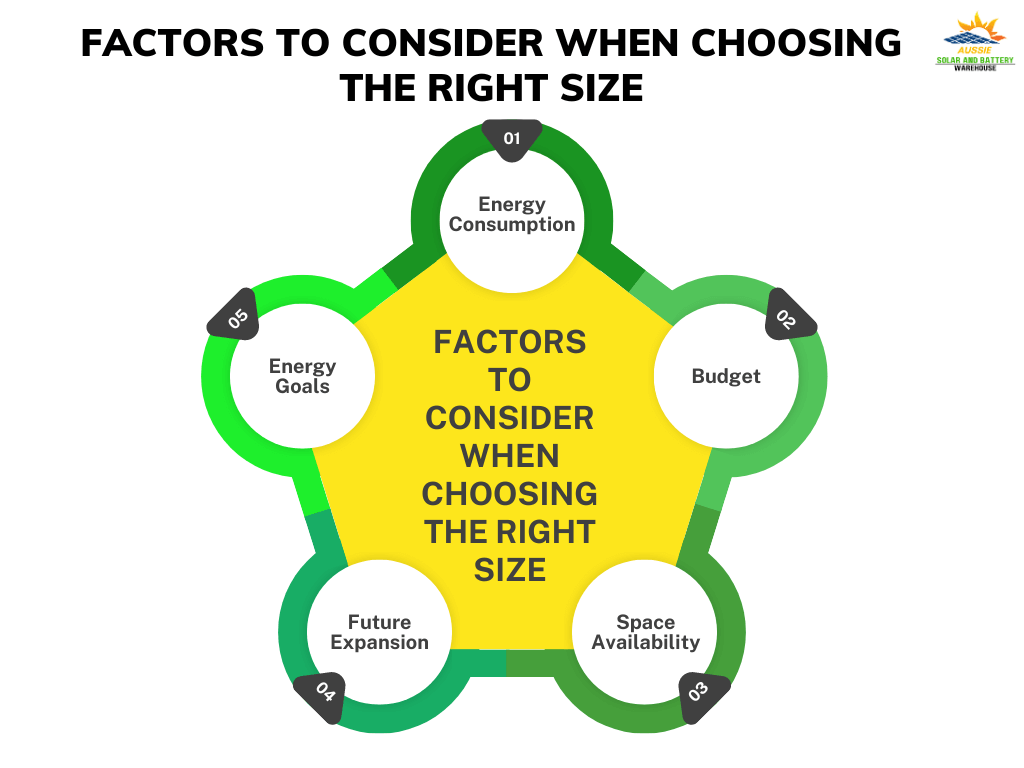
1. Energy Consumption
Assess your household’s energy usage. A larger battery like 15kWh may be necessary for high consumption, while 5kW might suffice for smaller households.
2. Budget
Consider the upfront cost and long-term savings. While larger batteries offer more storage, they come with higher initial expenses.
3. Space Availability
Ensure you have adequate space for the battery installation. Larger batteries require more space.
4. Future Expansion
Plan for potential increases in energy usage or future expansion of your solar system.
5. Energy Goals
Determine whether your goal is to maximize energy independence, reduce utility bills, or have backup power during outages.
Pros and Cons of Each Solar Battery Size
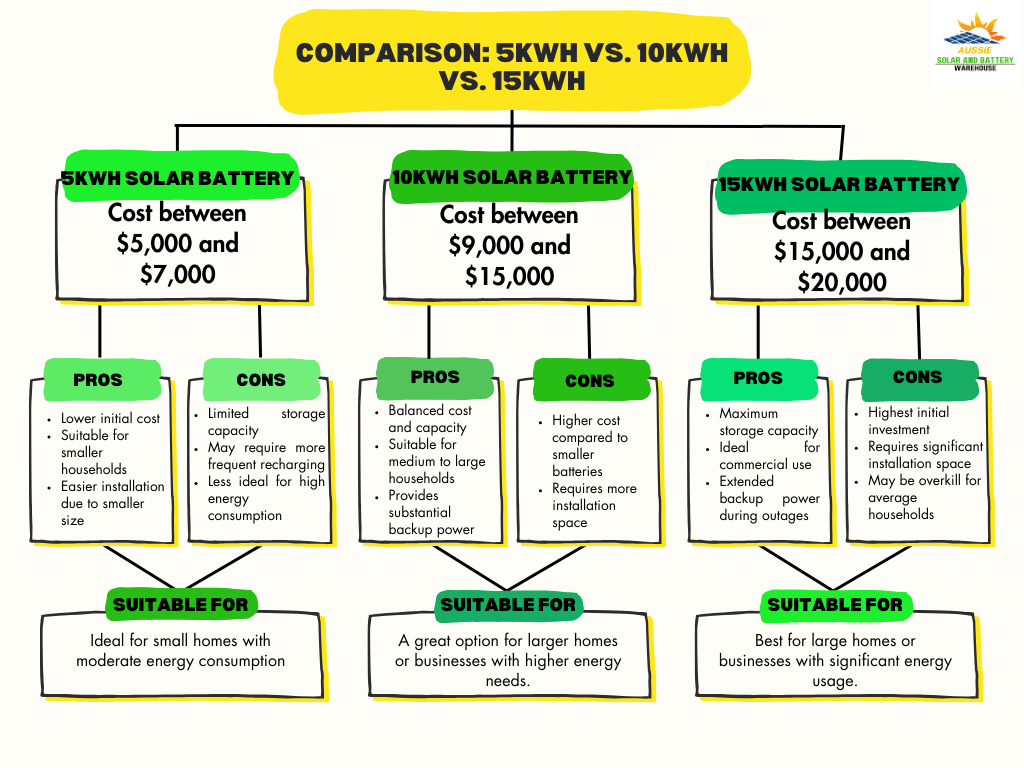
5kWh Solar Battery
Pros of a 5kWh Solar Battery:
- Lower upfront cost compared to larger batteries.
- Sufficient for homes with 3-4 residents and moderate energy needs.
- Easier to install and maintain.
Cons of a 5kWh Solar Battery:
- Limited energy storage, may not cover high-energy usage or larger homes.
- May require upgrading if energy consumption increases over time.
Here are few popular 5kW batteries: Enphase IQ Battery 5P 5kWh, Solax 5.8kWh Triple Power Battery (Master), Solax 5.8kWh Triple Power Battery, Growatt ARK 5.12kWh LV Lithium Solar Battery – ARK5.1L-A1, Growatt ARK-XH 5.12kWh HV Lithium Solar Battery – ARK5.1H-A1, Huawei LUNA 5kWh HV Lithium Solar Battery Extension – LUNA2000-5-E0
10kWh Solar Battery
Pros of a 10kWh Solar Battery:
- More energy storage, ideal for larger homes or small businesses.
- Can store enough energy to cover peak usage and provide backup power during outages.
- Suitable for homes with multiple high-energy appliances like air conditioners, washing machines, and electric vehicles.
Cons of a 10kWh Solar Battery:
- Higher upfront cost than a 5kW battery.
- Larger in size, requiring more installation space.
Some popular 10kWh solar batteries are Growatt ARK 10.24kWh LV Lithium Solar Battery – ARK10.2L-A1,Huawei LUNA 10kWh HV Lithium Solar Battery – LUNA2000-10-S0, Growatt ARK-XH 10.24kWh HV Lithium Solar Battery – ARK10.2H-A1
15kWh Solar Battery
Pros of a 15kWh Solar Battery:
- Large energy storage capacity, ideal for homes or businesses with high power usage.
- Provides more backup power during outages or when solar production is low.
- Best suited for properties with large solar panel systems and high consumption needs.
Cons of a 15kWh Solar Battery:
- Higher upfront cost, which may not be necessary for smaller households.
- May take longer to achieve ROI if energy needs don’t match the storage capacity.
Here are some popular 15kW solar batteries: BYD Battery Box Premium LVL 15.4kWh – LVL 15.4, Huawei LUNA 15kWh HV Lithium Solar Battery – LUNA2000-15-S0,
Which Solar Battery Size Is Right for You?
Choosing between a 5kWh, 10kWh, and 15kWh solar battery comes down to your energy needs, budget, and solar panel system size. Here’s a quick summary to help you decide:
- 5kWh Solar Battery: Ideal for small homes with moderate energy consumption and a limited budget. It provides enough storage for essential usage and is a cost-effective option.
- 10kWh Solar Battery: A great option for larger homes or businesses with higher energy needs. This size balances cost and capacity, offering good storage for most households.
- 15kWh Solar Battery: Best for large homes or businesses with significant energy usage. It provides ample backup power but comes with a higher price tag.
While the upfront cost of a solar battery may seem significant, the long-term savings on energy bills and the security of having backup power make it a worthwhile investment. As solar battery technology improves and prices continue to fall, now is a great time to consider upgrading your energy storage.
Conclusion
By choosing the right solar battery size, you can optimize your solar power system, reduce reliance on the grid, and take control of your energy future. The 10kWh solar battery price offers a balanced option for many homeowners, providing substantial storage without the high costs of larger systems. By evaluating your energy consumption, budget, and space availability, you can select the solar battery size that best aligns with your goals.
Ready to Choose Your Solar Battery?
Explore our range of solar batteries and find the perfect fit for your home or business. Get in touch with our experts today to learn more about pricing and installation options. Contact us today at sales@aussiesolarbattery.com.au or call 1300 559 829.

